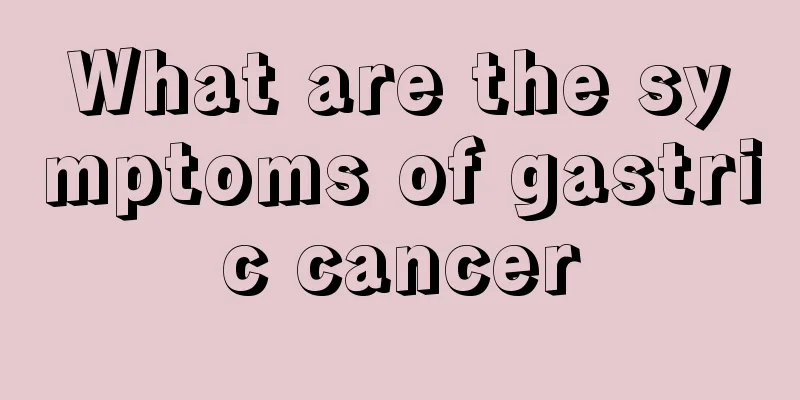What is the difference between cerebral hemorrhage and cerebral infarction?

|
We often hear that someone has suffered a cerebral hemorrhage or someone else has suffered a cerebral infarction. These two diseases are brain diseases. However, for ordinary people, many people cannot distinguish between these two diseases. What exactly are cerebral hemorrhage and cerebral infarction? What are the similarities and what are the differences? Let me answer your questions and introduce this information in detail. Simply put, cerebral hemorrhage is caused by the rupture of blood vessels in the brain, which leads to increased intracranial congestion and pressure, causing acute brain necrosis. Cerebral infarction is caused by the blockage of cerebral blood vessels by blood clots, which leads to the death of brain cells due to ischemia and hypoxia. Cerebral infarction refers to ischemic necrosis or cerebral softening of localized brain tissue caused by cerebral blood supply obstruction, ischemia, and hypoxia. Common clinical types of cerebral infarction include cerebral thrombosis, lacunar infarction, and cerebral embolism. Cerebral infarction accounts for 80% of all strokes. The diseases that are most closely related to it are: diabetes, obesity, hypertension, rheumatic heart disease, arrhythmia, dehydration due to various reasons, various arteritis, shock, and excessive and rapid drop in blood pressure. Cerebral hemorrhage, commonly known as cerebral hemorrhage, is a type of "cerebral stroke" and is a common and serious brain complication in middle-aged and elderly patients with hypertension. Cerebral hemorrhage refers to bleeding caused by non-traumatic rupture of blood vessels in the brain parenchyma. The most common causes are hypertension, cerebral arteriosclerosis, intracranial vascular malformations, etc. It is often triggered by factors such as exertion and emotional excitement, so most of them occur suddenly during activities. Clinically, cerebral hemorrhage develops very quickly. The main manifestations are damage to the nervous system such as impaired consciousness, hemiplegia of limbs, and aphasia. It has an acute onset, is a severe disease, and has a very high mortality rate. It is currently one of the fatal diseases among middle-aged and elderly people. From the above information, we can see that although cerebral hemorrhage and cerebral infarction are both brain diseases, these two diseases are different diseases, so the treatment methods are also different. Therefore, once a brain disease occurs, we must first conduct a detailed examination to determine what kind of disease it is, and then treat it symptomatically. |
<<: What is the reason for the pain when urinating and being unable to hold urine?
>>: Can walking slowly after a meal help you lose weight?
Recommend
How to diagnose liver cancer early
Early liver cancer often has no specific symptoms...
How syphilis is transmitted
When it comes to infectious diseases, I believe m...
What whole grains are good for diabetes?
Diabetes is a relatively common disease at presen...
What kind of underwear should I wear for sagging breasts
What kind of underwear should we wear when our br...
How to make your butt grow meat
Everyone wants to have a good figure, especially ...
How to remove blackheads on the nose
Everyone's skin is different. Some people hav...
What is the mid-term cure rate for ovarian tumors
Ovarian tumor is one of the common malignant tumo...
What disease might cause migratory pain throughout the body?
There are many kinds of body pain. If you experie...
Where does breast cancer usually hurt
Where does breast cancer usually hurt? 1. Except ...
Will eating mangoes cause spots? Nutritional value and precautions of mango
It is good to eat mangoes, because mangoes are kn...
Treatment methods for nerve damage and muscle atrophy
In life, muscle atrophy caused by nerve damage ca...
What is the best way to thoroughly cleanse your skin?
Everyone should pay attention to cleansing their ...
What is the difference between homing pigeons and meat pigeons?
People usually stew pigeon soup to eat. Pigeon so...
Joint pain after chemotherapy
Chemotherapy is a treatment method that is very h...
What are the symptoms of tongue lichen? What is tongue lichen?
You may be unfamiliar with the oral disease of to...









